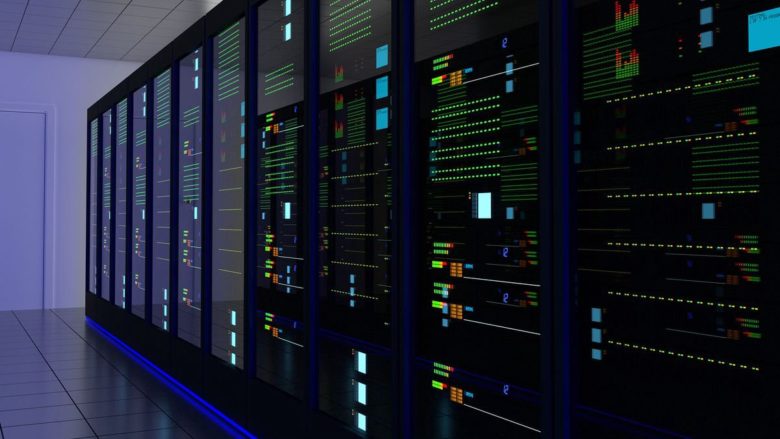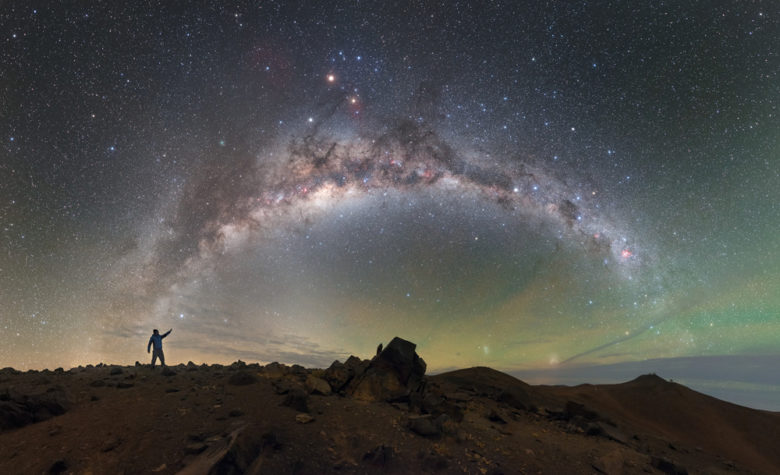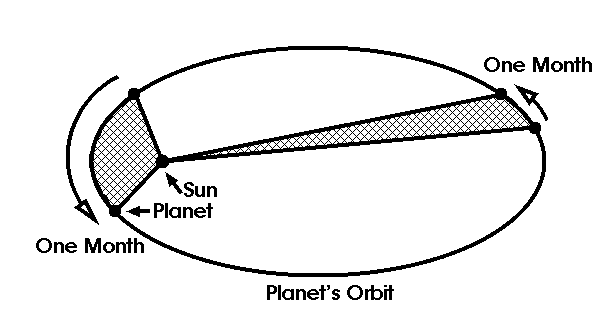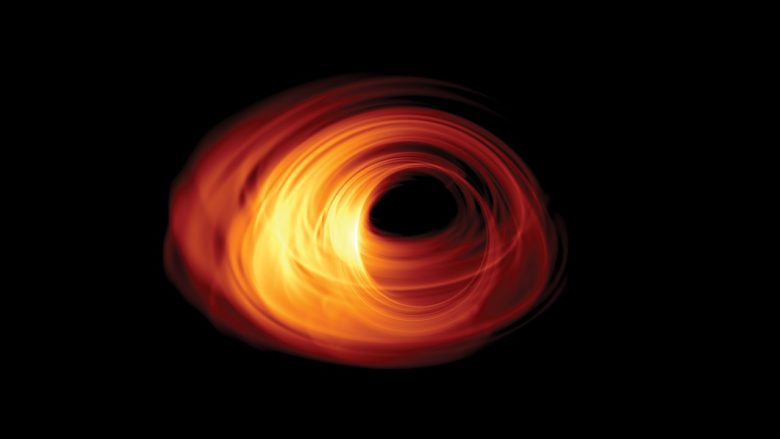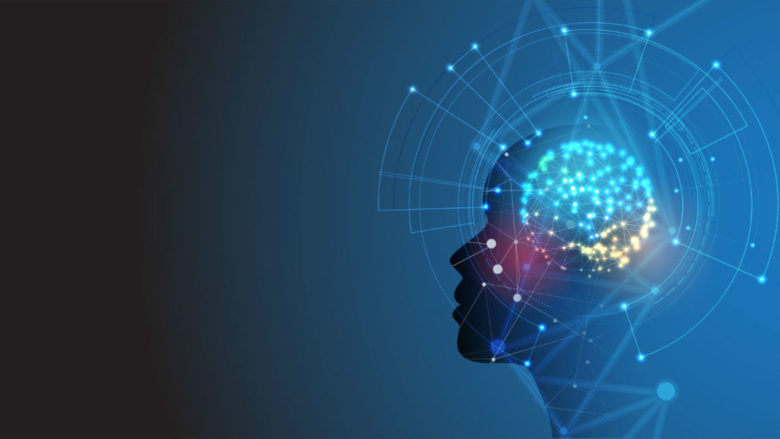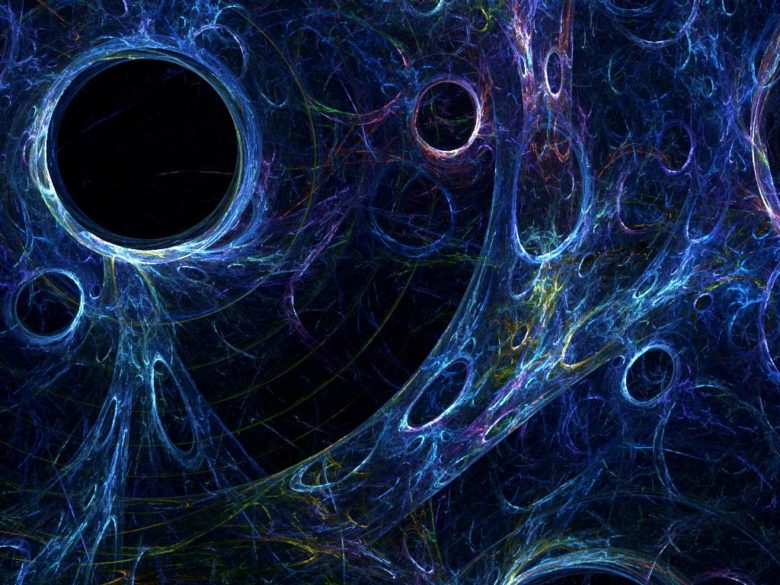More and more, we are seeing technology moving to the cloud. It’s not just a fad — the shift from traditional software models to the internet has steadily gained momentum over the last 10 years. Looking ahead, the next decade of cloud computing promises new ways to collaborate everywhere, through mobile devices. So what is …
Dedicated hosting is a hosting configuration in which a server is devoted to a single organisation or for a single purpose, such as a website. This is in contrast to shared hosting, in which a server acts as a host to multiple clients. A dedicated hosting service is sometimes referred to as a dedicated server and can …
The Milky Way is the galaxy we live in, one of the countless collections of stars and dust throughout the universe. It’s a reality so basic, grade school kids learn it. But it wasn’t always so obvious. Just 100 years ago, the nature of the Milky Way — and the universe itself — was still …
Johannes Kepler published three laws of planetary motion, the first two in 1609 and the third in 1619. The laws were made possible by planetary data of unprecedented accuracy collected by Tycho Brahe. The laws were both a radical departure from the astronomical prejudices of the time and profound tools for predicting planetary motion with …
The Event Horizon Telescope (EHT) comprises an array of nine radio telescopes around the world: in Chile, the United States, Mexico, France, Spain and Antarctica. By triangulating the data from each, the EHT works like one humongous radio dish, thousands of kilometres across. The signal will not be perfect, but should be enough to capture …
Artificial intelligence (AI) makes it possible for machines to learn from experience, adjust to new inputs and perform human-like tasks. Most AI examples that you hear about today – from chess-playing computers to self-driving cars – rely heavily on deep learning and natural language processing. Using these technologies, computers can be trained to accomplish specific …
Dark Energy is a hypothetical form of energy that exerts a negative, repulsive pressure, behaving like the opposite of gravity. It has been hypothesised to account for the observational properties of distant type Ia supernovae, which show the universe going through an accelerated period of expansion. Like Dark Matter, Dark Energy is not directly observed, …

